As a first year post-graduate research student, we have to present our work. As I only started in October, my findings, whilst limited, did give me the opportunity to explain my work and also get to present in person in front of other academics, which was a great experience. All the presentations where very interesting and informative, being across Nuclear, Computing and other scientific disciplines I learned alot and also was good to meet others on my course.
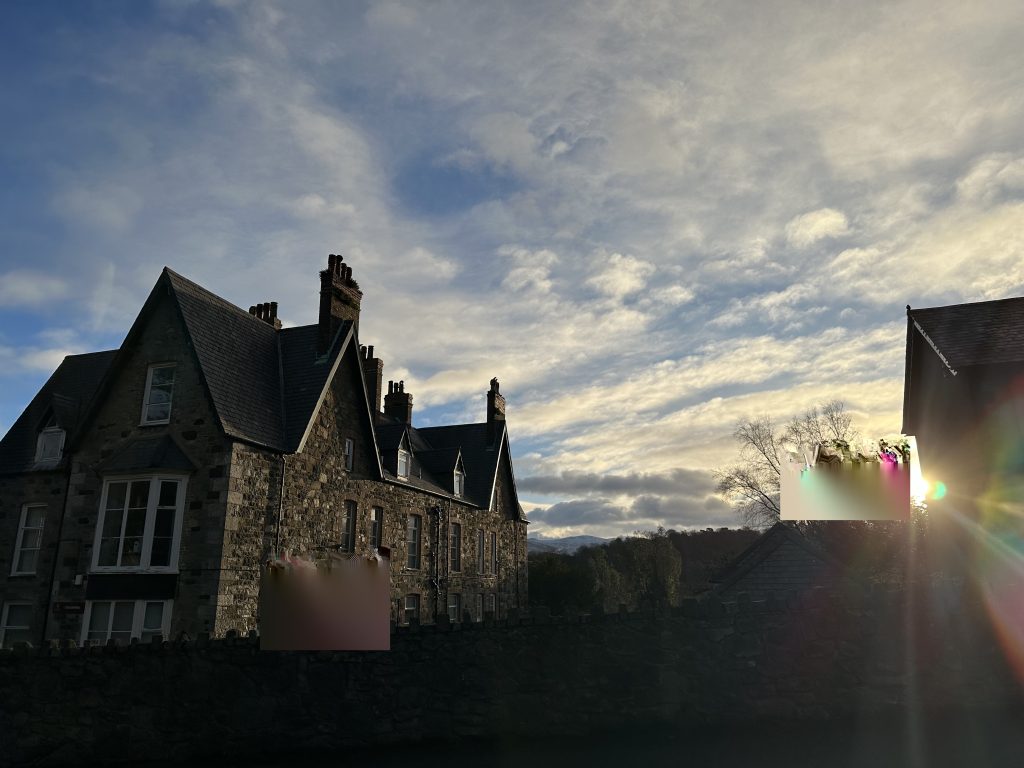
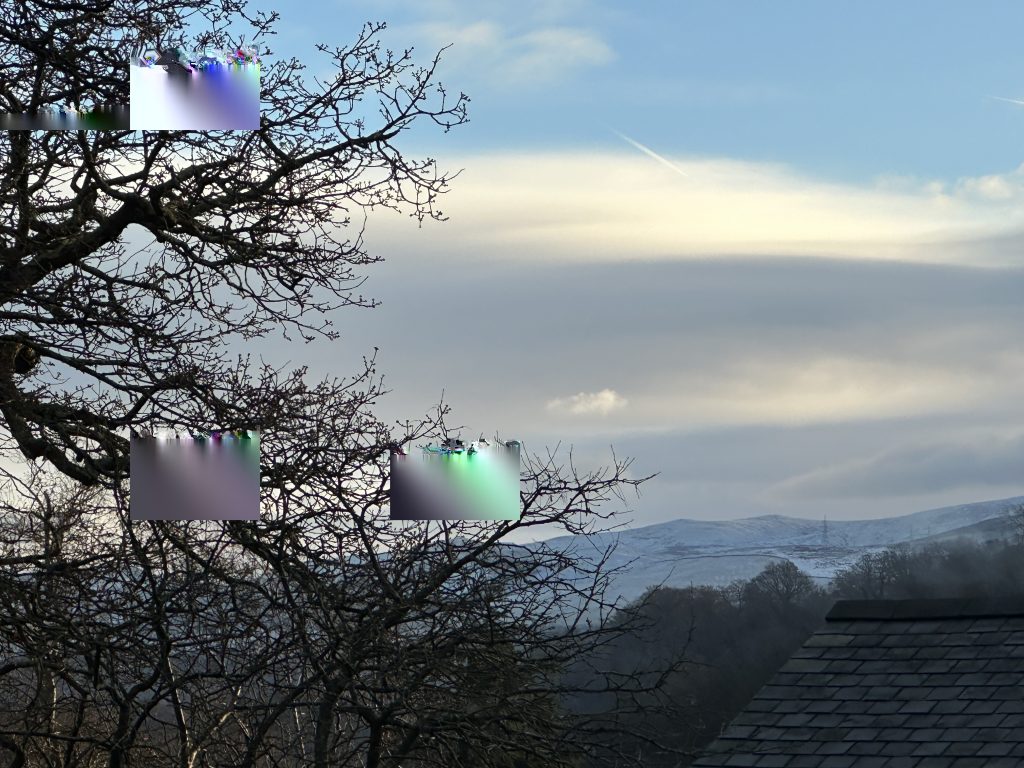
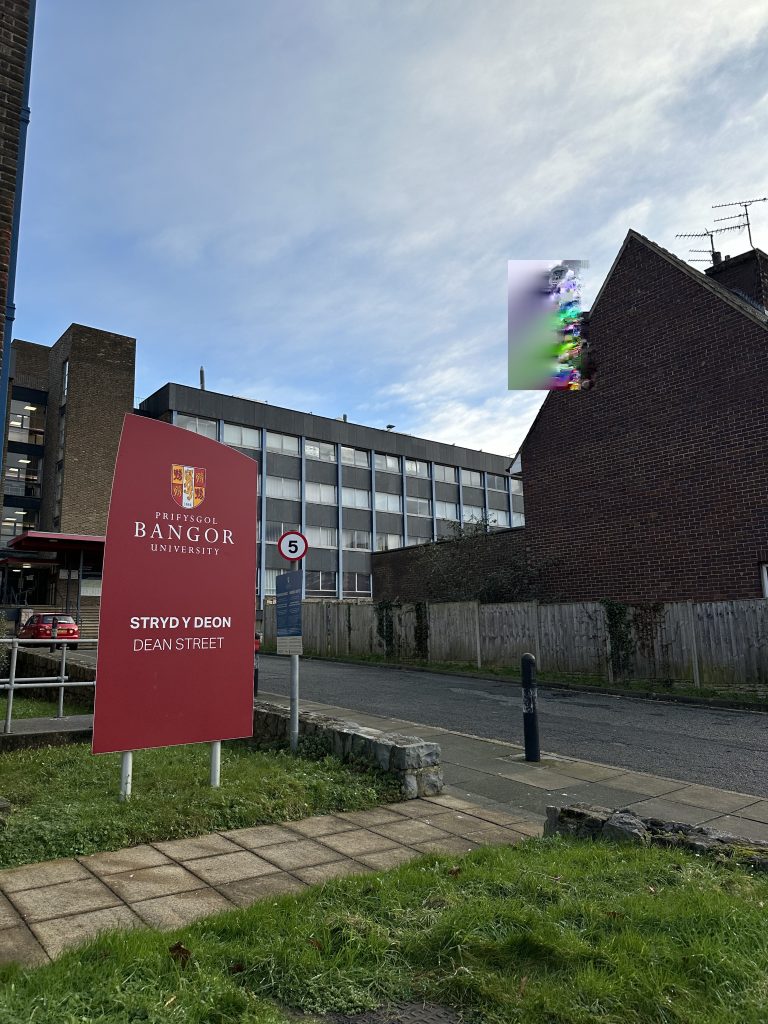
Overall the trip to Bangor was well worth the time and investment to make a good presentation (thankfully presented in time!) and good to see my supervisor Bill in person.
Back home in the lab my RPI3b suffered a SD Card failure, so I had to rebuild from scratch the RPi, I used decent SanDisk cards this time as to reduce chance of failure. Getting everything back up and running was quite ok, apart from getting the detector securely mounted. This was solved by a putting a clothes peg on the board and probe 🙂
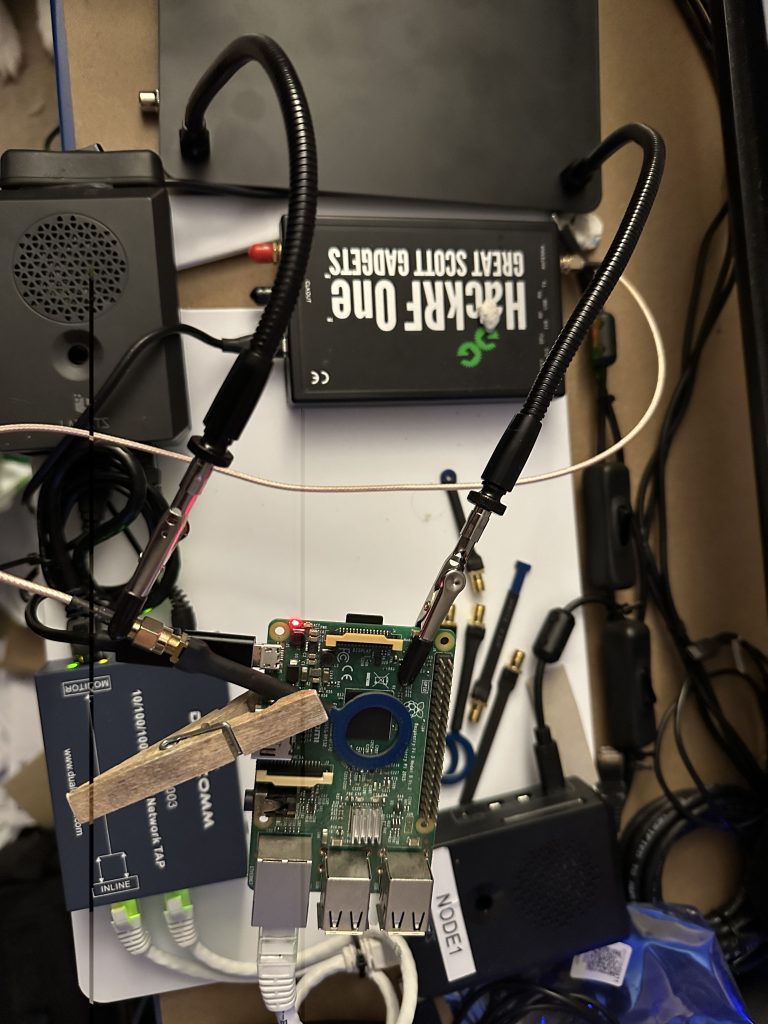
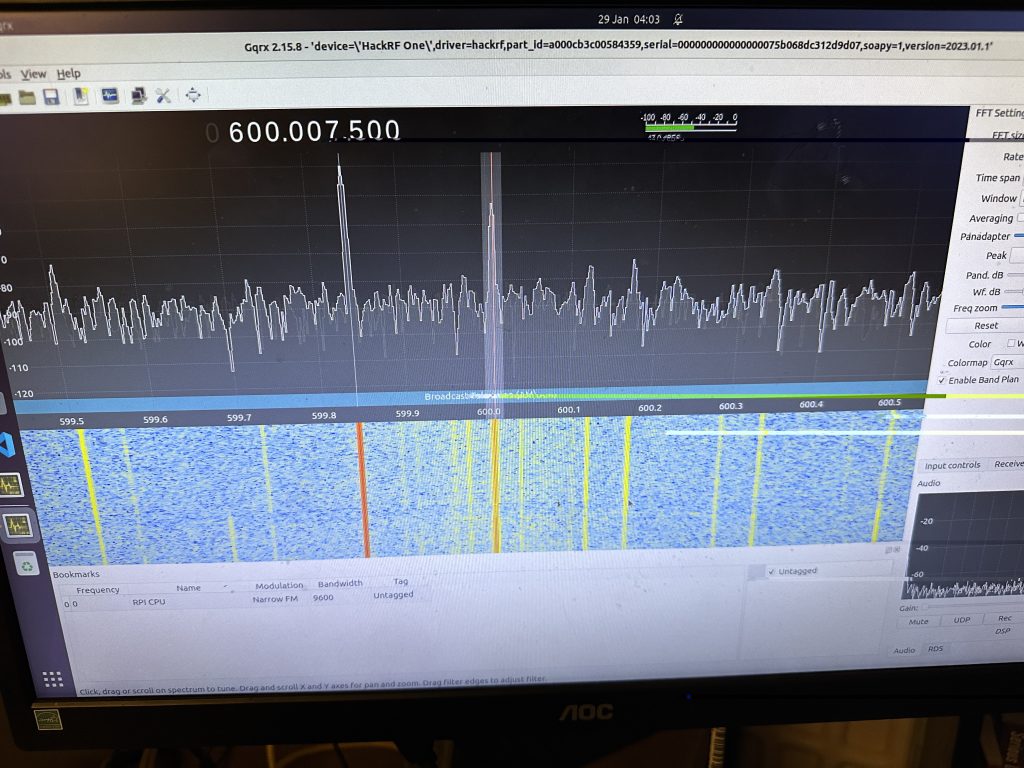
I continued to review the dfrws-2019-code and imported it into my own git repo. I found the juypter notebook to be very useful and well commented. This lead me to research about fourier transforms, which being interested in amateur radio, had heard of, but not studied into how they actually work.
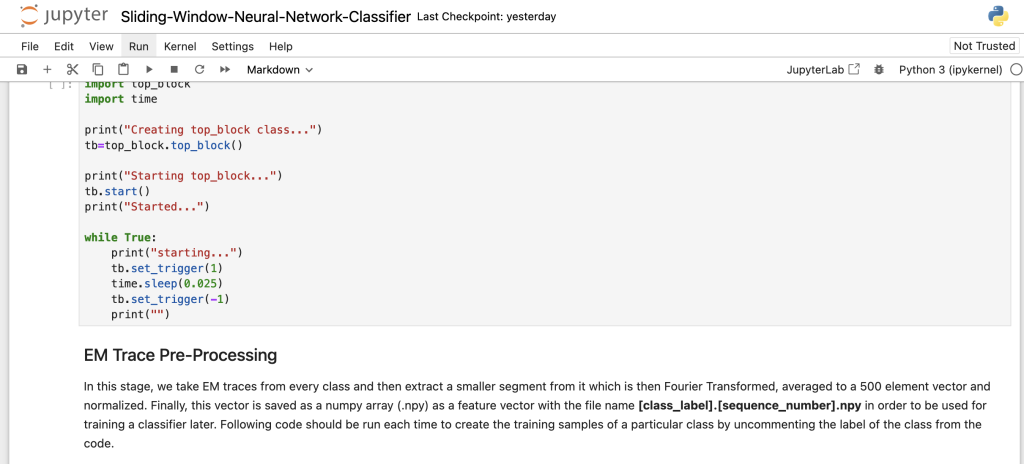
Ironically for a PhD student, my math is one of my weakest area, so finding a comprehensible and relatable learning tool for me to understand how fourier transforms work was important. I did study discrete maths for my HND, which is probably as complex as the math has got (outside of Economics for the MBA) in any of my studies.
After watching the video and reading thru the wikipedia page I had a better grasp of how the Python script is used to ascertain the data from the saved wave forms.
With that I continued to modify the scripts and keep them on my internal git repo. I’m looking forward to having a functioning system.